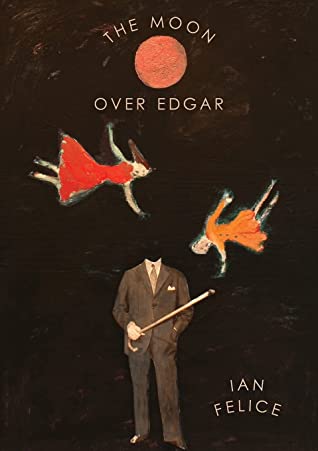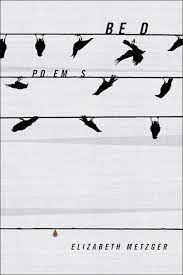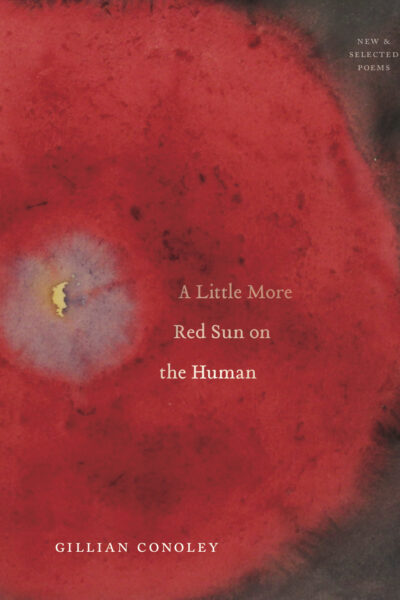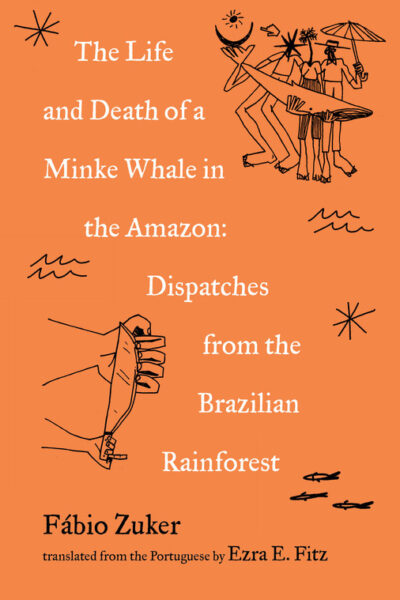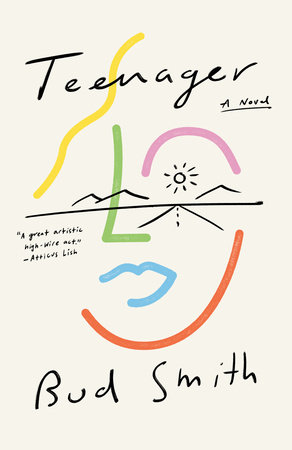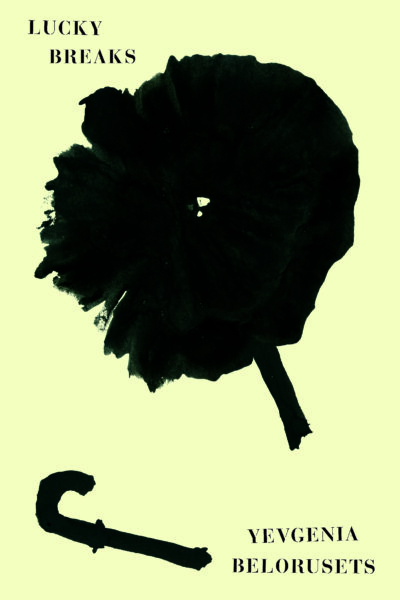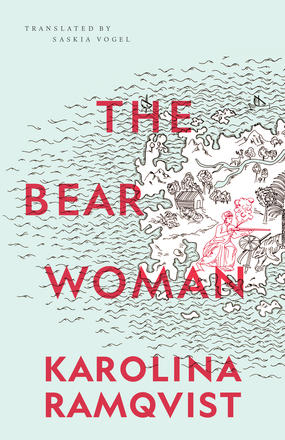The Moon Over Edgar – Ian Felice
This collection advocates for attention to dreams, the uncanny, the mundane, and the moon as if now is the time to devote ourselves to that possibility rather than, like Edgar, letting our life pass before us.
The bed serves as a vantage point, a site of deep self-knowledge, and a realm of attentive care.
A Little More Red Sun on the Human: New and Selected Poems – Gillian Conoley
Gillian Conoley’s oeuvre celebrates an animated sense of multiple engagements not unlike the art of cinema.
“In Olga Ravn’s The Employees humans and humanoids show a way forward for a calamitous earth.”
An interesting consequence occurs in the titular tale, when time seems to proceed not along any linear or standardized path, but according to the Minke Whale’s appearance, disappearance, reappearance.
Teenager shreds the American dream during its long embrace.
Woman Running in the Mountains – Yuko Tsushima
“Her emphasis on atmosphere over psychological realism makes Woman Running in the Mountains go down easy: it is beautiful even when awful things are happening.”
Lucky Breaks – Yevgenia Belorusets
LUCKY BREAKS lives within [a] precarious zone of intermittent warfare, teetering on the proverbial knife’s edge, anxiously anticipating Russia’s now-realized escalation.
The Red Zone: A Love Story – Chloe Caldwell
By calling out American culture’s redirection of empowered female embodiment into ignorance and shame, Caldwell stages an intervention in what can be called “American menstrual culture.”
The Bear Woman – Karolina Ramqvist
Ramqvist’s excavation of the process of creation and research, delay and anxiety, is both multi-layered and intriguing.


